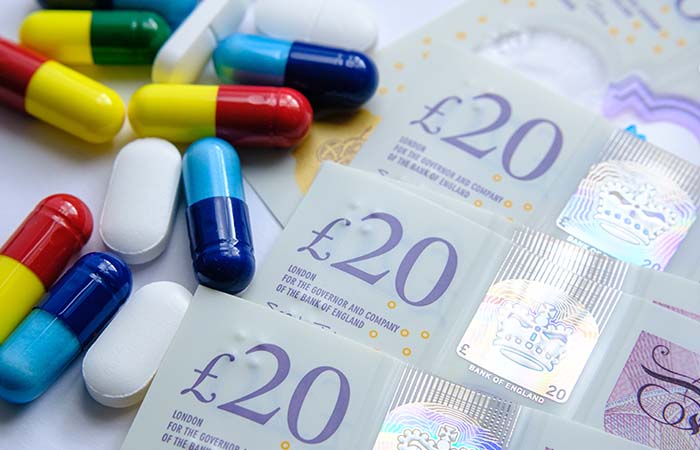Cost of primary care prescribing rose £100m last year
In Health & NHS
Follow this topic
Bookmark
Record learning outcomes
The cost of primary care prescriptions dispensed in the community in England rose by £100m in the 12 months to March 31, new NHS statistics show.
The NHS Business Service Authority’s latest report on prescribing costs shows the actual cost of primary care prescription items was £8.9bn in 2021-22, up from £8.8bn the previous year. This accounted for 50 per cent of all prescribing costs. The total net ingredient cost before central rebates was £9.49bn.
Meanwhile, the cost of items issued in hospitals rose to £8.77bn – a 16.8 per cent increase on the previous year’s figure of £7.51bn.
The cost of medicines prescribed in hospitals and dispensed in the community was £85m.
The largest single spend for drugs in any BNF chapter in any setting was for Malignant Disease and Immunosuppression drugs issued in hospitals (£2.95bn), while cytotoxic drugs dispensed in hospitals accounted for the highest spend on any BNF section (£1.98bn).
Within primary care, the biggest spend per BNF chapter was on Cardiovascular System drugs (£1.61bn) while the highest spend for any BNF section was diabetes medicines (£1.25bn).
The integrated care board (ICB) with the highest spend was NHS Greater Manchester, with £1.1bn costs in 2021-22, closely followed by NHS North East and North Cumbria.
The average per capita cost for medicines in all settings was £324, an increase from £301 the previous year and up £50 from 2017-18.
There was significant variation in per capita spending across different ICB regions, with the highest figure (£516) seen in NHS Birmingham and Solihull and the lowest (£224) in NHS Hertfordshire and West Essex.

